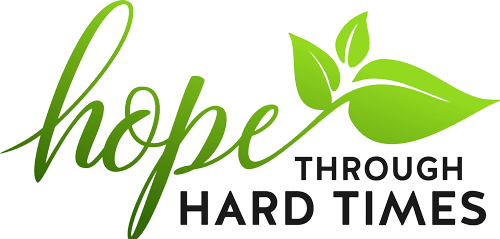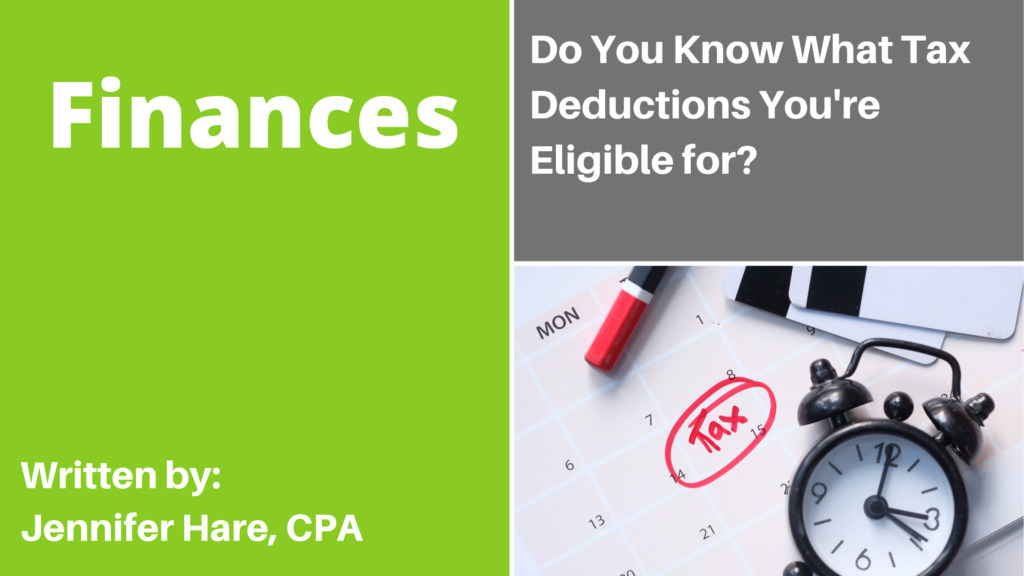We are currently in the midst of personal income tax season in Canada. While most of us understand that we need to get a tax return filed each year, do you really understand why and what things you might be eligible to claim? Let’s dive in to help educate ourselves on a personal Canadian income tax return.
A personal Canadian tax return, also known as a T1, serves as a means for individuals to fulfill their tax obligation. The primary purpose of filing a tax return in Canada is to report one’s income and other financial details to the Canada Revenue Agency (CRA). This information is then used to calculate the amount of taxes owed or, in some cases, to determine if the taxpayer is eligible for a tax refund. The funds collected through taxes contribute to various government initiatives, including healthcare, education, and social welfare programs.
In Canada, the obligation to file a tax return varies depending on individual circumstances. Generally, residents, including newcomers to Canada, must file a tax return if they owe taxes, want to claim a refund, or if they receive a request to file from the CRA. Even if there is no income to report, filing a tax return is essential to access various benefits and credits, such as the Goods and Services Tax (GST) credit, Canada Child Benefit (CCB), and more.

The Canadian tax return can be filed electronically using tax software, through the CRA’s online services, or by mailing a paper return. The deadline for filing individual tax returns is usually April 30th, while the deadline for self-employed individuals and their spouses is June 15th. A fun fact for a self-employed individual is that even though you are not required to file your tax return until June 15th you are required to pay any balance owing by April 30th.
When preparing a Canadian T1 individual tax return, there are various deductions that taxpayers can claim to reduce their taxes payable. Here are some common deductions on a Canadian T1 tax return:
Basic Personal Amount:
Every Canadian taxpayer is entitled to claim the basic personal amount, which allows for a reduction in taxable income. The exact amount tends to vary each year and is often indexed to inflation.
CPP (Canada Pension Plan) Contributions:
Employees and self-employed individuals contribute to the Canada Pension Plan. Contributions made throughout the year can be deducted on the tax return.
EI (Employment Insurance) Premiums:
Similar to CPP, employees and registered self-employed individuals contribute to Employment Insurance. The premiums paid during the year can be claimed as a deduction.
RRSP (Registered Retirement Savings Plan) Contributions:
Contributions made to an RRSP can be deducted, providing a tax deferral benefit. There are limits to the amount that can be contributed each year, and any unused contribution room can be carried forward.
Union Dues:
If you are a member of a trade union, you may be eligible to claim a deduction for union dues.
Child Care Expenses:
Parents may be eligible to claim a deduction for child care expenses incurred to allow them to work or attend school. Child care expenses could include summer camps, nursery school costs and daycare. There is a current limit of $8,000 per year per child.
Medical Expenses:
Qualifying medical expenses, such as prescription medications, dental services, and certain medical devices, can be claimed as a deduction. The CRA does provide guidance on what medical expenses are eligible as a tax deduction. The list can be found here Lines 33099 and 33199 – Eligible medical expenses you can claim on your tax return – Canada.ca
Charitable Donations:
Donations made to registered charities are eligible for a tax credit. The more you donate, the higher the credit you may receive.
Interest on Student Loans:
Interest paid on eligible student loans can be claimed as a deduction. An example of an eligible student loan is OSAP.

Moving Expenses:
Individuals who move a significant distance (more than 40km closer) for employment or to run a business may be able to deduct eligible moving expenses.
Home Office Expenses:
If you are self-employed or work from home, you may be eligible to claim a portion of your home-related expenses, such as utilities and property taxes, as a deduction. If you have an employer and are required to have a home office you must get a T2200 completed by your employer in order to claim these types of expenses.
Public Transit Passes:
The cost of public transit passes for commuting to work or school can be claimed as a deduction.
Interest on Loans for Investment Income:
If you have borrowed money to earn investment income (such as interest or dividends), the interest paid on those loans may be deductible.
Teachers School Supplies:
If you are employed in Canada as a teacher or an early childhood educator and purchased teaching supplies you may be eligible to claim up to $1,000 for these expenses. One of the key eligibility requirements is that you paid for the supplies out of pocket and were not reimbursed.
Tuition Receipts:
Generally, a course taken at an institution in Canada will qualify for a tuition tax credit if the course was taken at a post-secondary institution or if you are 16 or older and developing or improving skills in an occupation.
Understanding the basics of how your tax return is completed and the deductions that are eligible to you is essential to ensuring that you are only paying your required amount of taxes. When filing your T1 ensure that you have proper guidance to avoid future CRA audits, interest or penalties.




